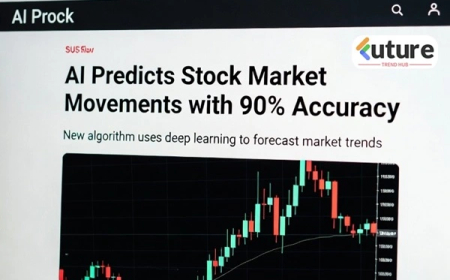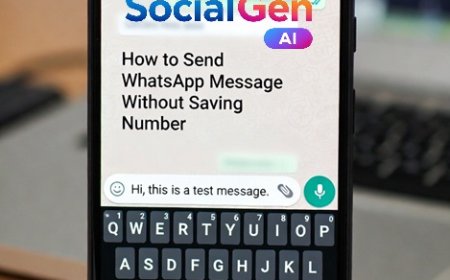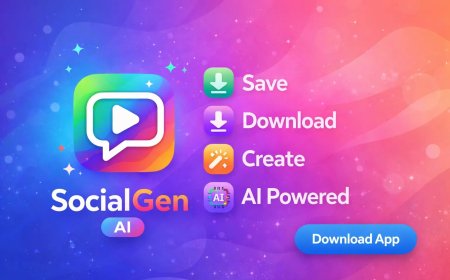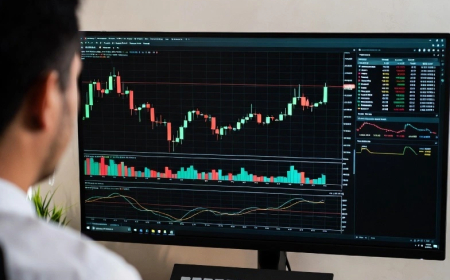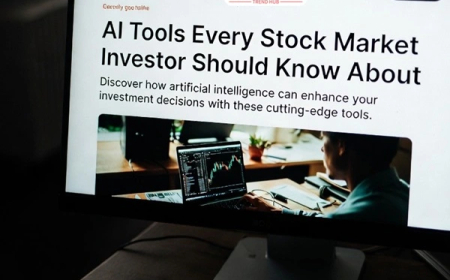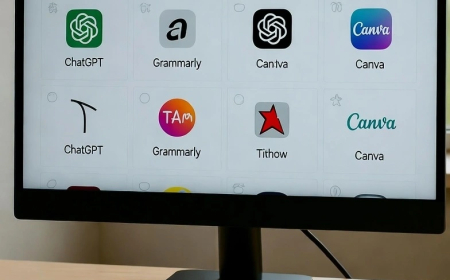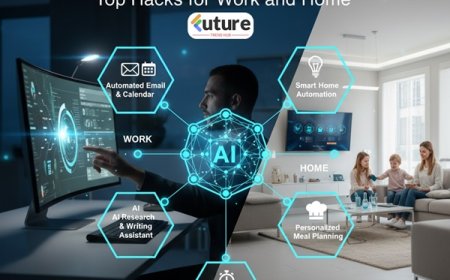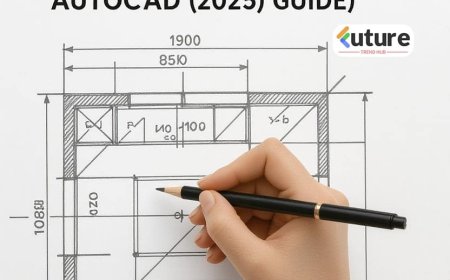How to Use AI for Mechanical Engineers: A Complete Guide
Artificial Intelligence (AI) is transforming industries worldwide, and mechanical engineering is no exception. From product design to predictive maintenance, AI tools are helping engineers work faster, smarter, and more efficiently. If you are a mechanical engineer, learning how to use AI can open up new opportunities for innovation and career growth.
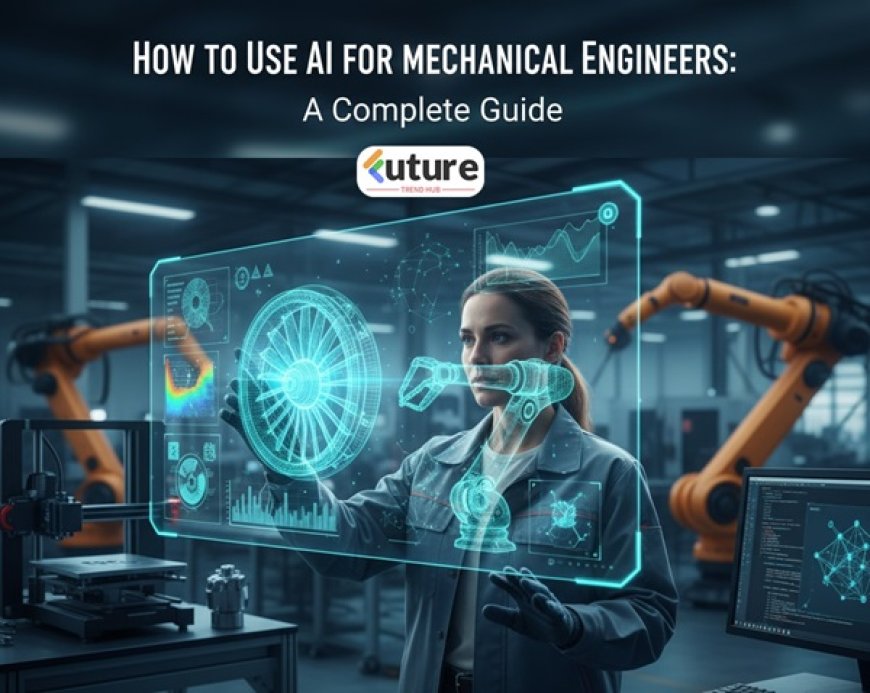
🔹 1. AI in Design and Modeling
Mechanical engineers spend significant time on design, prototyping, and simulations. With AI, this process becomes more efficient.
-
Generative Design: Software like Autodesk Fusion 360 uses AI to generate optimized design options based on strength, weight, and material constraints.
-
AI-driven Simulation: Instead of running multiple FEA or CFD simulations, AI predicts the best parameters to save time and resources.
👉 Example: Designing lightweight yet strong automotive components with AI-optimized geometry.
🔹 2. AI for Predictive Maintenance
Unplanned machine downtime is a major cost in industries. AI helps by predicting failures before they occur.
-
IoT + AI: Sensors collect vibration, temperature, and pressure data. AI models analyze this data to detect early signs of failure.
-
Condition Monitoring: AI alerts engineers when pumps, compressors, or turbines need servicing.
👉 Example: In steel plants, AI can predict pump or blower issues, reducing costly downtime.
🔹 3. AI in Manufacturing and Production
AI is making manufacturing smarter and more automated.
-
Process Optimization: AI fine-tunes machining, welding, and heat treatment processes for better efficiency.
-
Quality Control: Computer vision detects defects, cracks, and dimensional errors in real-time.
-
Robotics & Automation: AI-powered robots assist in assembly, material handling, and precision welding.
👉 Example: AI cameras can automatically reject defective castings on a production line.
🔹 4. AI in Project Management
Mechanical engineers often handle large projects where AI can help in planning and execution.
-
Automated Scheduling: Tools like Primavera or MS Project integrate AI for better resource allocation.
-
Cost and Risk Analysis: AI analyzes historical data to forecast expenses and risks.
👉 Example: AI-based project tracking ensures timely completion of steel plant upgrades.
🔹 5. AI in Research and Development
AI speeds up innovation by analyzing massive datasets.
-
Material Discovery: AI predicts the properties of new alloys or composites.
-
3D Printing Optimization: AI improves print quality and reduces material waste.
🔹 6. Energy Efficiency with AI
Sustainability is a key focus for mechanical engineers, and AI plays a big role.
-
HVAC Optimization: AI controls airflow and temperature in industrial ovens and cooling systems.
-
Energy Monitoring: AI identifies energy wastage and suggests cost-saving solutions.
🔹 7. Everyday Productivity with AI Tools
Mechanical engineers can also use AI for daily tasks:
-
Preparing O&M manuals, training documents, and reports with AI writing assistants.
-
Analyzing data in Python or MATLAB with AI-powered algorithms.
-
Using AI chatbots for quick technical support and knowledge sharing.
✅ Conclusion
AI is not here to replace mechanical engineers—it is here to empower them. By learning how to integrate AI in design, maintenance, production, and project management, mechanical engineers can increase efficiency, reduce costs, and drive innovation.
The future belongs to engineers who can combine core mechanical expertise with AI-powered tools. Now is the best time to start exploring AI in your engineering career.
What's Your Reaction?
 Like
1
Like
1
 Dislike
0
Dislike
0
 Love
0
Love
0
 Funny
0
Funny
0
 Angry
0
Angry
0
 Sad
0
Sad
0
 Wow
0
Wow
0






